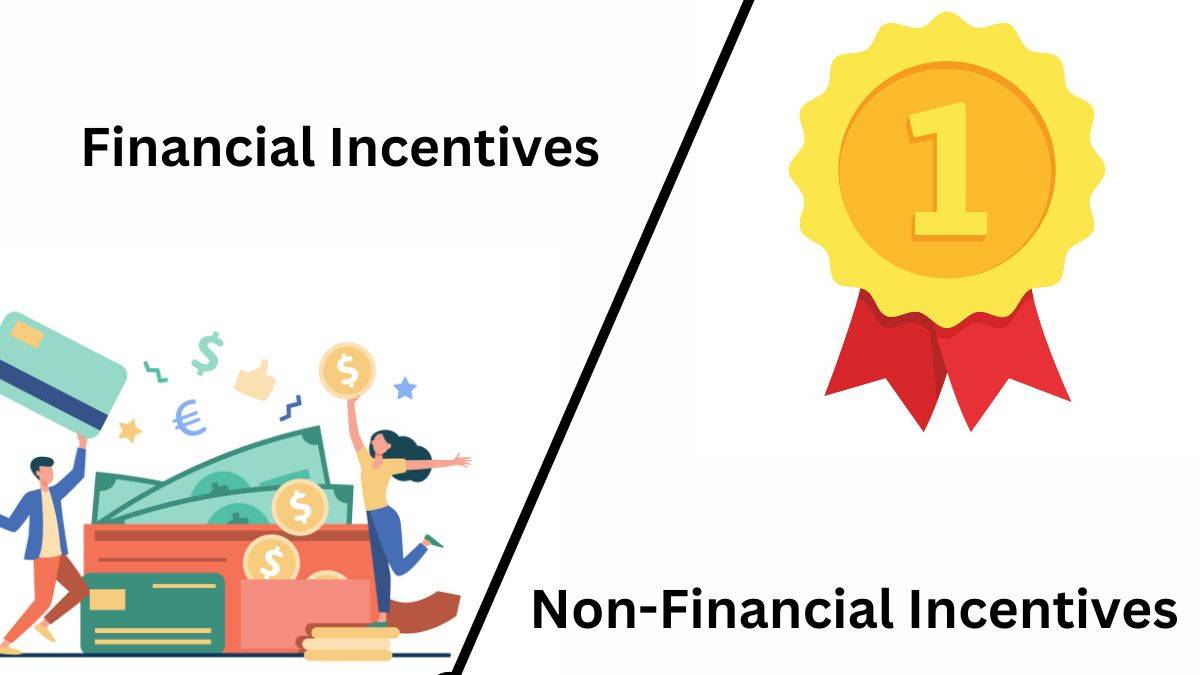- Fee-for-Service Models: a. Traditional Model: In fee-for-service models, physicians are reimbursed based on the quantity of services provided, creating potential financial incentives to prescribe more medications. b. Volume Over Value: Critics argue that such models may prioritize volume over value, potentially leading to unnecessary prescriptions to boost financial returns.
- Value-Based Care Models: a. Shifting Paradigm: Value-based care models aim to align financial incentives with positive patient outcomes rather than service volume. b. Quality Metrics: Physicians are rewarded for delivering high-quality care, emphasizing preventive measures and effective management over excessive prescribing.
- Impact on Prescribing Patterns: a. Overprescribing Concerns: Financial incentives tied to prescription volume may inadvertently contribute to overprescribing, potentially exposing patients to unnecessary medications. b. Influence of Pharmaceutical Industry: The influence of pharmaceutical companies offering incentives to physicians can impact prescribing choices, raising ethical concerns.
- Balancing Act: a. Patient-Centered Care: The challenge lies in striking a balance between financial considerations and patient-centered care, where prescriptions are tailored to individual health needs. b. Ethical Considerations: Physicians must navigate the ethical implications of financial incentives, ensuring that patient well-being remains the primary focus.
- Transparency and Disclosure: a. Clear Communication: Transparent communication about financial incentives and potential conflicts of interest promotes trust between physicians and patients. b. Policy Advocacy: Stricter regulations requiring disclosure of financial relationships with pharmaceutical companies can mitigate conflicts of interest.
- Education and Training: a. Ethical Training: Integrating ethical considerations into medical education and continuous training programs equips physicians to navigate financial complexities responsibly. b. Critical Appraisal Skills: Empowering physicians with critical appraisal skills helps them evaluate the evidence supporting prescriptions, reducing reliance on external incentives.
- Value-Based Care Implementation: a. Policy Support: Encouraging the widespread adoption of value-based care models provides an alternative framework that aligns financial incentives with positive health outcomes. b. Outcome Measurement Tools: Implementing tools to measure patient outcomes rather than service quantity fosters a healthcare system centered on value.




